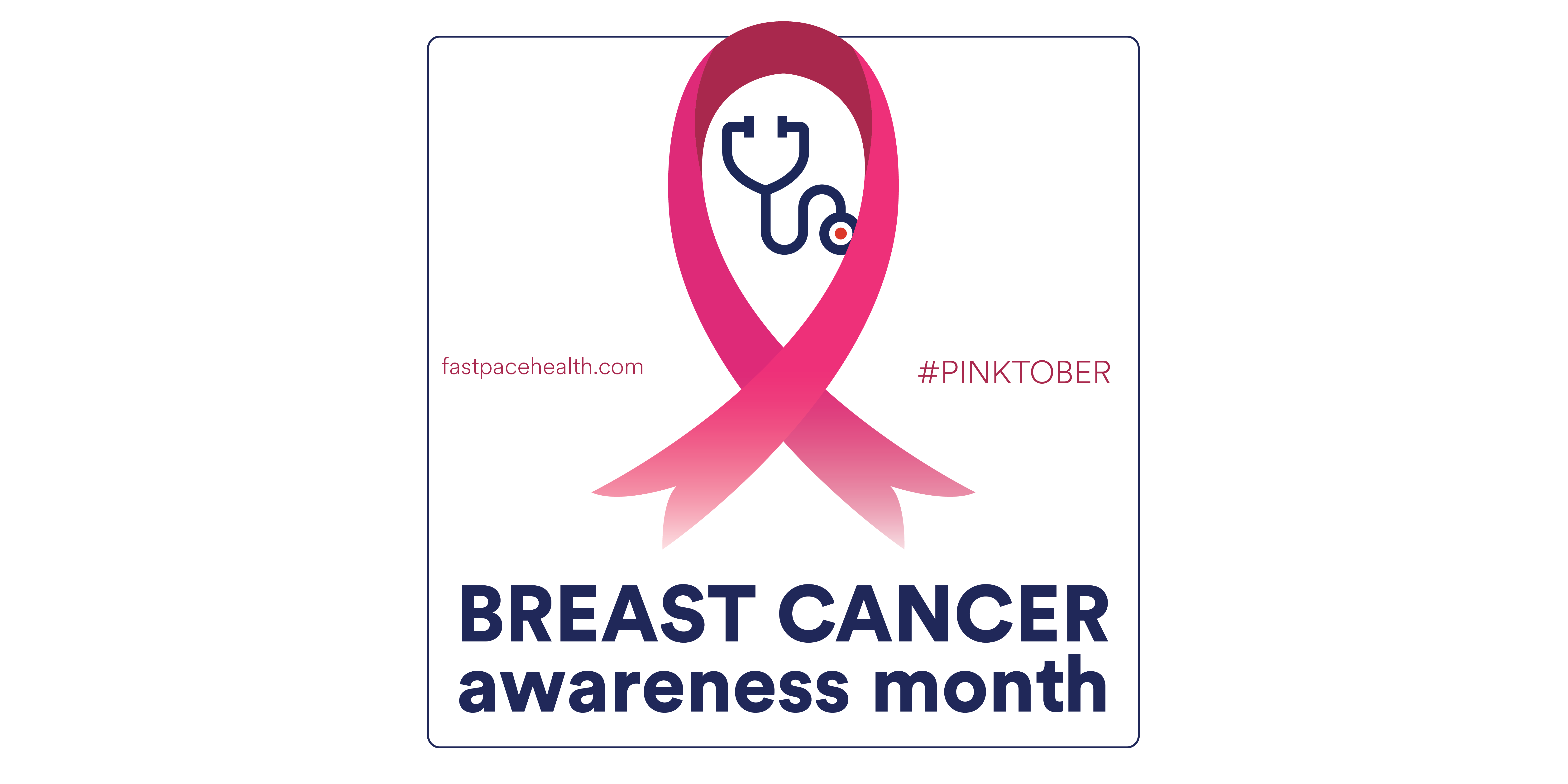
Sinus Infection
What is the difference between cold and acute sinusitis?
- A cold is caused by a virus and usually lasts about 1 week. Persons with symptoms of acute sinusitis for less than 1 week are still usually only infected with a virus.
- Acute bacterial sinusitis generally occurs after symptoms have persisted for 7 to 10 days.
How can Fast Pace Health assist if you have acute sinusitis?
- Your Fast Pace Health provider will make the diagnosis based on your symptoms and a physical examination.
- In complicated, severe, or persistent cases, x-rays or computed tomography may be needed. A sample of sinus fluid may need to be obtained by Fast Pace Health and sent to a specialist to identify the exact strain of bacteria causing the sinusitis.
What is acute sinusitis?
- Acute sinusitis, also known as a sinus infection or rhinosinusitis, refers to inflammation and infection in one or more of the paranasal sinuses.
- It often occurs after a cold, when mucus gets trapped in inflamed sinuses and does not drain properly. This condition encourages bacterial growth, or rarely fungal growth, which can lead to infection.
- Sinusitis affects is one of the most common reasons people visit the doctor.
- It is acute when in the early stages, from 1 to 4 weeks after symptoms start. Subacute or chronic sinusitis has symptoms that last longer than 1 month.
Anyone can get sinusitis, but it is more common in very young people and elderly people. People with nasal allergies or asthma have an increased risk for sinusitis. Smoking, swimming, air travel, and dental problems are factors that increase the risk of sinusitis.
How is it treated?
- Resting, drinking plenty of fluids, and using a saline spray or neti pot can reduce symptoms.
- Decongestants, antihistamines, and other over-the-counter medications may also reduce symptoms.
- Your Fast Pace Health provider may also prescribe antibiotics for your sinus infection if your symptoms and the duration of the disease warrant this treatment.
Types of Sinusitis
There are three different main types of sinusitis including:
- Acute Sinusitis
- Acute sinusitis typically lasts around 4 weeks or less and causes a sudden onset of cold-like symptoms such as a runny nose. This type of sinusitis is often also characterized by facial pain that stays constant for 10 to 14 days.
- Subacute Sinusitis
- Subacute sinusitis also causes cold-like symptoms and can last anywhere from 4 to 8 weeks.
- Chronic Sinusitis
- Chronic sinusitis is a condition that can last 8 weeks or longer and is characterized by extreme inflammation in the sinus cavities. This type of sinusitis also causes facial pain and cold-like symptoms throughout its duration.
What are the signs and symptoms?
All three types of sinusitis produce similar symptoms since they are caused by the same types of bacteria and generalized inflammation.
The primary symptoms of a sinusitis infection include:
- Facial pain or pressure
- Nasal stuffiness
- Runny nose
- Loss of smell or taste
- Cough and congestion
Additional symptoms of sinusitis may include:
- Low-grade fever
- Bad breath and a bad taste in the mouth
- Fatigue
- Headaches
- Dental or mouth pain
Acute sinusitis is often diagnosed when patients exhibit two or more of the above symptoms and have the presence of green or yellow nasal discharge that indicates an infection is present. The infection may be classified as subacute or chronic if it does not go away within 4 weeks.
What Causes Sinusitis?
Sinusitis is a common condition that affects nearly 37 million Americans each year. The infection can be caused and aggravated by many lifestyle choices, environmental factors, and medical conditions. People who have the following medical conditions may be at a higher risk for developing sinusitis:
- Common cold
- Blockage of drainage ducts
- Deviated septum
- Nasal polyps
- Immune deficiencies
If you are experiencing a medical emergency, please dial 9-1-1.
Related Resources


